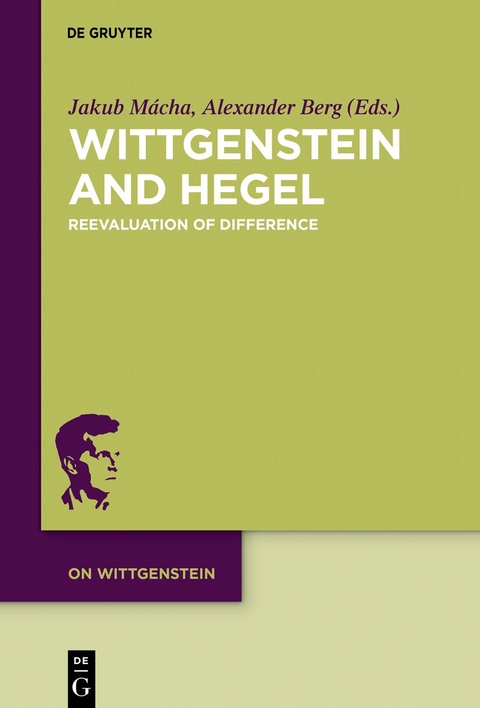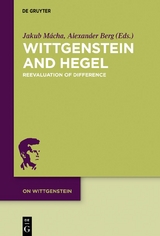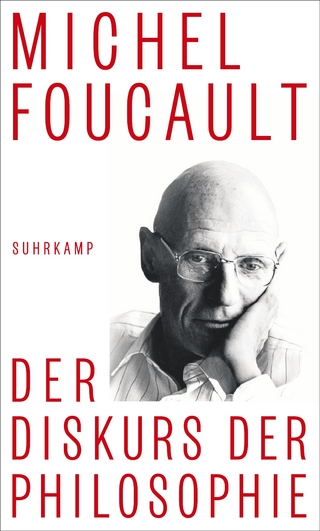Wittgenstein and Hegel
Reevaluation of Difference
Seiten
This international series publishes outstanding philosophical monographs and edited volumes about Wittgenstein. Publications may focus on his work as a whole or on specific topics. The series also addresses Wittgenstein’s life, his sources, and the impact of his works. The volumes are peer-reviewed and present state-of-the-art Wittgenstein research. German-language contributions will be published in the series Über Wittgenstein, and English-language contributions in the series On Wittgenstein.
This book brings together for the first time two philosophers from different traditions and different centuries. While Wittgenstein was a focal point of 20th century analytic philosophy, it was Hegel’s philosophy that brought the essential discourses of the 19th century together and developed into the continental tradition in 20th century. This now-outdated conflict took for granted Hegel’s and Wittgenstein’s opposing positions and is being replaced by a continuous progression and differentiation of several authors, schools, and philosophical traditions. The development is already evident in the tendency to identify a progression from a ‘Kantian’ to a ‘Hegelian phase’ of analytical philosophy as well as in the extension of right and left Hegelian approaches by modern and postmodern concepts. Assessing the difference between Wittgenstein and Hegel can outline intersections of contemporary thinking.
This book brings together for the first time two philosophers from different traditions and different centuries. While Wittgenstein was a focal point of 20th century analytic philosophy, it was Hegel’s philosophy that brought the essential discourses of the 19th century together and developed into the continental tradition in 20th century. This now-outdated conflict took for granted Hegel’s and Wittgenstein’s opposing positions and is being replaced by a continuous progression and differentiation of several authors, schools, and philosophical traditions. The development is already evident in the tendency to identify a progression from a ‘Kantian’ to a ‘Hegelian phase’ of analytical philosophy as well as in the extension of right and left Hegelian approaches by modern and postmodern concepts. Assessing the difference between Wittgenstein and Hegel can outline intersections of contemporary thinking.
Jakub Mácha, Masaryk University, Brno, Czech Republic; Alexander Berg, TU Dresden.
| Erscheinungsdatum | 18.06.2019 |
|---|---|
| Reihe/Serie | On Wittgenstein ; 5 |
| Zusatzinfo | 1 b/w ill., 8 b/w tbl. |
| Verlagsort | Berlin/Boston |
| Sprache | englisch; deutsch |
| Maße | 155 x 230 mm |
| Gewicht | 777 g |
| Themenwelt | Geisteswissenschaften ► Philosophie ► Philosophie der Neuzeit |
| Schlagworte | difference • Einheit • Hegel • Hegel, Georg W. Fr. • Hegel, Wittgenstein, difference, unity • UNITY • Unterschied • Wittgenstein • Wittgenstein, Ludwig |
| ISBN-10 | 3-11-056885-3 / 3110568853 |
| ISBN-13 | 978-3-11-056885-1 / 9783110568851 |
| Zustand | Neuware |
| Haben Sie eine Frage zum Produkt? |
Mehr entdecken
aus dem Bereich
aus dem Bereich




